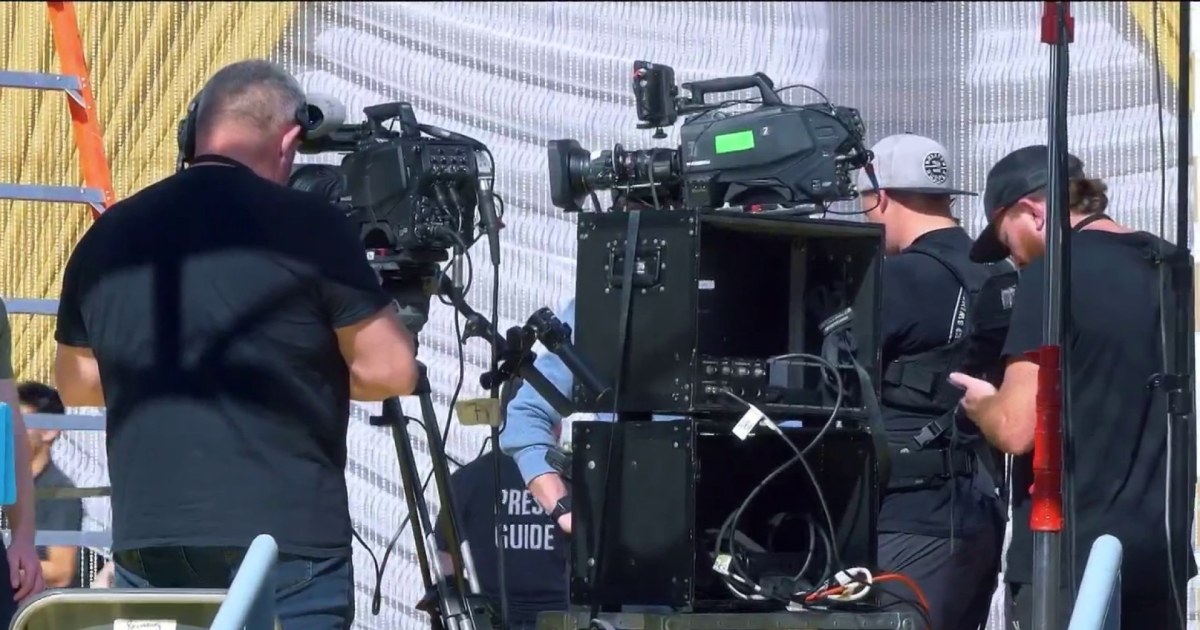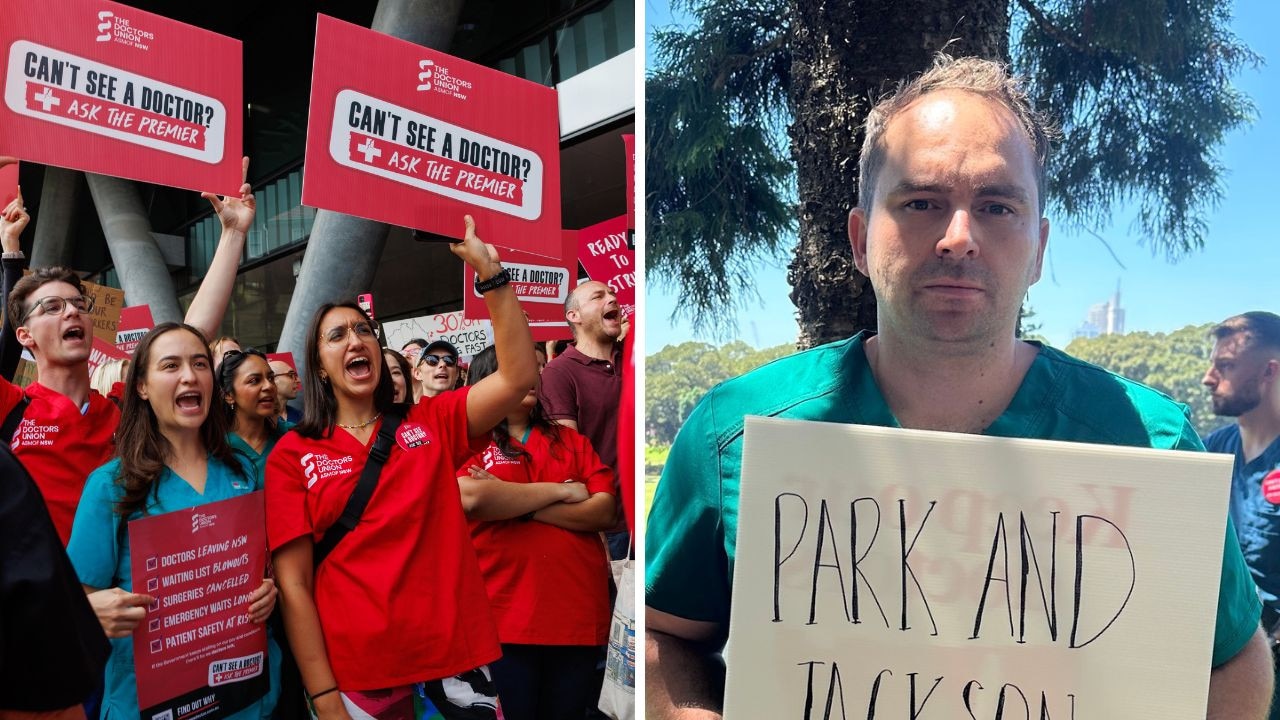Brave American soldiers helped win World War II, but they could not have succeeded without a rock-solid auto industry that mass-produced essential vehicles. Today, this key pillar of America’s “Arsenal of Democracy” has been weakened by decades of unfair trade practices.
To restore the auto industry's dominance, President Donald Trump has imposed 25% tariffs on foreign-built autos and auto parts. These tariffs aim to incentivize automakers to bring production back to the U.S., addressing a critical threat to American economic and national security.
About Half of Autos Sold in the US Are Imports
Of the 16 million vehicles sold annually in the U.S., about 8 million are imported, primarily from Germany, Japan, Mexico, and South Korea. This means that only 25% of the dollar value of the vehicles Americans buy supports American manufacturing. The rest contributes to foreign labor and parts.
What caused this decline? Unfair trade practices and predatory industrial policies from other nations have flooded the market with subsidized vehicles while blocking U.S. exports. For instance, Germany imposes a 10% auto import tariff, significantly higher than the previous U.S. rate of 2.5%.
Americans Are Losing Out on High-Paying Jobs
The real threat extends beyond finished vehicles. Powertrain manufacturing, which includes engines and transmissions, is dominated by Germany and Japan. These components offer the highest profit margins and support the highest-paying manufacturing jobs. Currently, America produces less than 20% of the engines for the vehicles it sells.
Powertrain assembly requires skilled labor, and wages in these facilities are 10-20% higher than in final assembly plants. However, most engines and transmissions in vehicles assembled in the U.S. are imported, primarily from Germany and Japan.
Under the United States-Mexico-Canada Agreement (USMCA), the hope was to change this trend. However, lax enforcement has allowed Mexico to become a new manufacturing hub, essentially replacing Michigan as the center of auto production.
By extending tariffs to both autos and auto parts, President Trump aims to confront the threat to America’s economic strength. This is not protectionism but a restoration of full-spectrum manufacturing and high-wage, high-skill jobs essential for national defense. Let the restoration begin!





Comments
Join Our Community
Sign up to share your thoughts, engage with others, and become part of our growing community.
No comments yet
Be the first to share your thoughts and start the conversation!